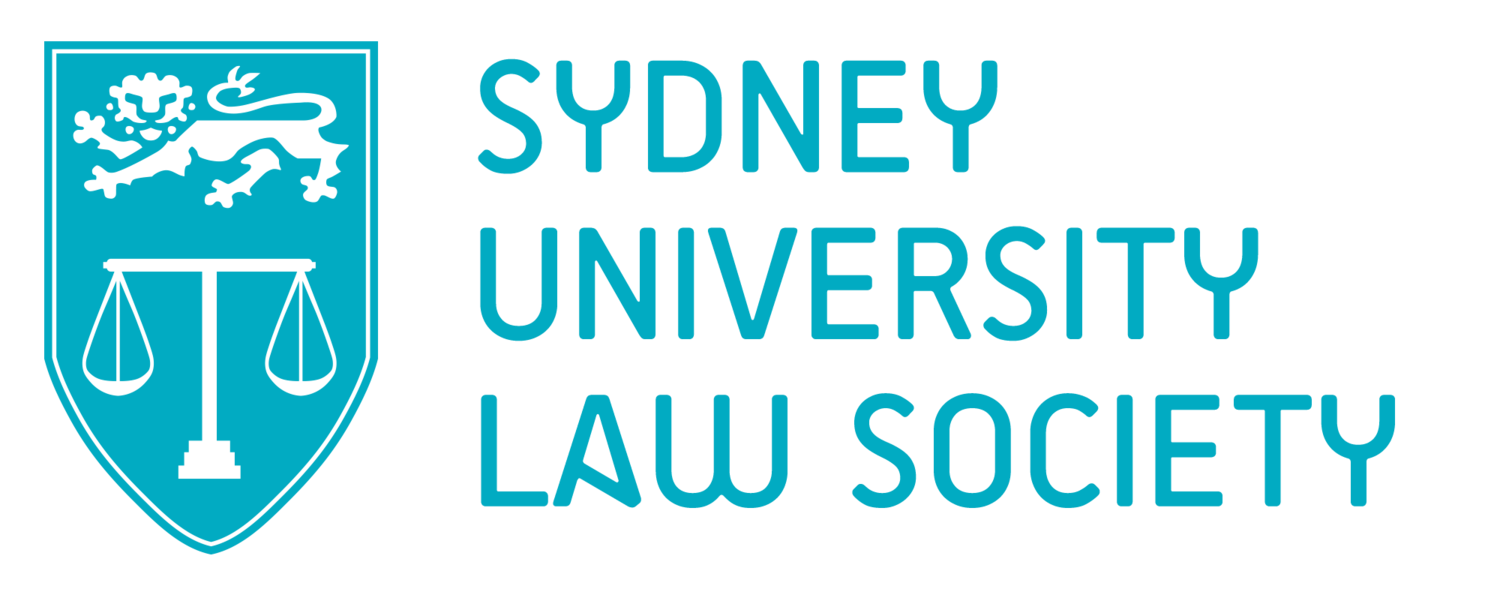Law in Crisis
By Robert Anstee (BA/LLB III)
The scale of change is unrecognisable to many of us.
Narratives which have gone on volubly for decades have been rudely interrupted.
Joining global efforts, federal and state governments have clamped down on public life. Legislated stimulus worth nearly 10% of GDP, broad shutdowns of social gathering and travel, and penalties for breaches backed up by an enlarged police presence in NSW.
In all of this, the imperatives are our health and our economy. It seems Cabinet has taken a middle-road approach, steadily phasing in social distancing and other health measures.
Abrupt policy changes are unlikely to be logistically or politically feasible. The government, wary of public confidence, will probably stay the course with its image of surgical, decisive strides to curb the crisis.
Despite this steadfast stance, experts disagree on the way forward.
Members of a GO8 expert panel recommended a full shutdown. Failing to do so, it was advised, will swamp the health system, wreak economic ruin and delay recovery. Snuffing out the virus as quickly as we can might rapidly spur the economy, as consumer demand rebounds and businesses rehire.
A contrarian article in the New York Times suggests the opposite; that we isolate and focus resources on those most vulnerable or in need of hospitalisation. The vast majority, bearing mild to no symptoms, should go on living as normally as possible. The aim is to let society and the economy chuff along, as long-term damage to either, if less imminently, also endangers lives.
Importantly, strict social control does much to lower infection rates, but in so doing, hinders the growth of natural immunity. To avoid the risk of a second wave of infection, we may need to hold on until a vaccine is widely distributable. Halting the economy for a vaccine one or two years away complicates matters; unemployment, strained welfare, social unrest and political polarisation are not unimaginable.
I don’t aim to ask what measures are ideal, nor to endorse an approach. I doubt that anyone can confidently foresee the consequences of irregular actions in these irregular times.
The point is that the government may be wrong, and the consequences may be grave.
Thinking on things away from the fog of panic, what I do worry about is the unilateral haste of the National Cabinet, however vital and effectual, in arresting this crisis.
Beyond the ballot box
In times like this, we can’t lose sight of those who command. Crisis often obscures and rationalises distressing changes in the way a government exerts its authority.
Emeritus Professor Gillian Triggs of Melbourne University has often broached this issue in the context of counter-terrorism and human rights law. She has long warned that as the Executive and its hold on parliament grows stronger, our democracy and the institutions which limit bad or cruel decisions grow weaker.
“It may be true that any one of these laws can be justified in individual circumstances… My concern is that these examples when viewed together become greater than the sum of their parts and a distortion of democracy.”
The Constitution is famously spare on basic rights and protections. It enshrines parliamentary sovereignty, wherein parliament, essentially seized by the government of the day, can make or unmake any law. Our chances for popular participation or holding the executive to account, even in crisis, are thin, rare and largely kept in ballot boxes.
If Cabinet has made the wrong choice, has done too much or too little, caused months or years of distress in the struggle of averting disaster, there is little facility in the law to dispute it. How can we check a government that goes too far, or worse, resolves to abuse its power?
The shift from stable managerialism to closures, relief packages and public paralysis, then, should arguably alarm us beyond this health crisis.
In a fast-changing world where we will undoubtedly face further and possibly graver emergencies, where executive power swells unhinged at the beck of necessity, can we rely on the usual steadiness of parliament?
Will the next time be different?


